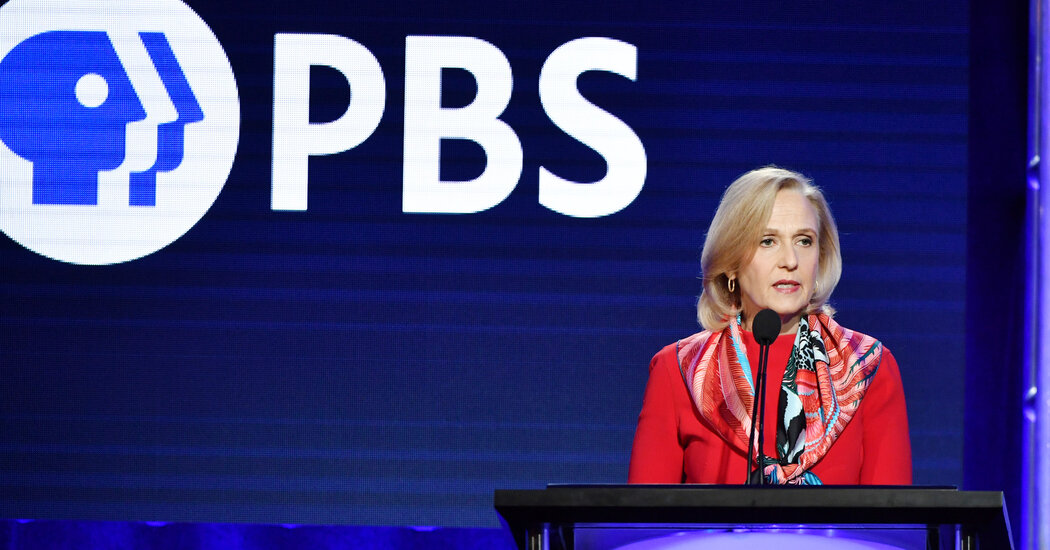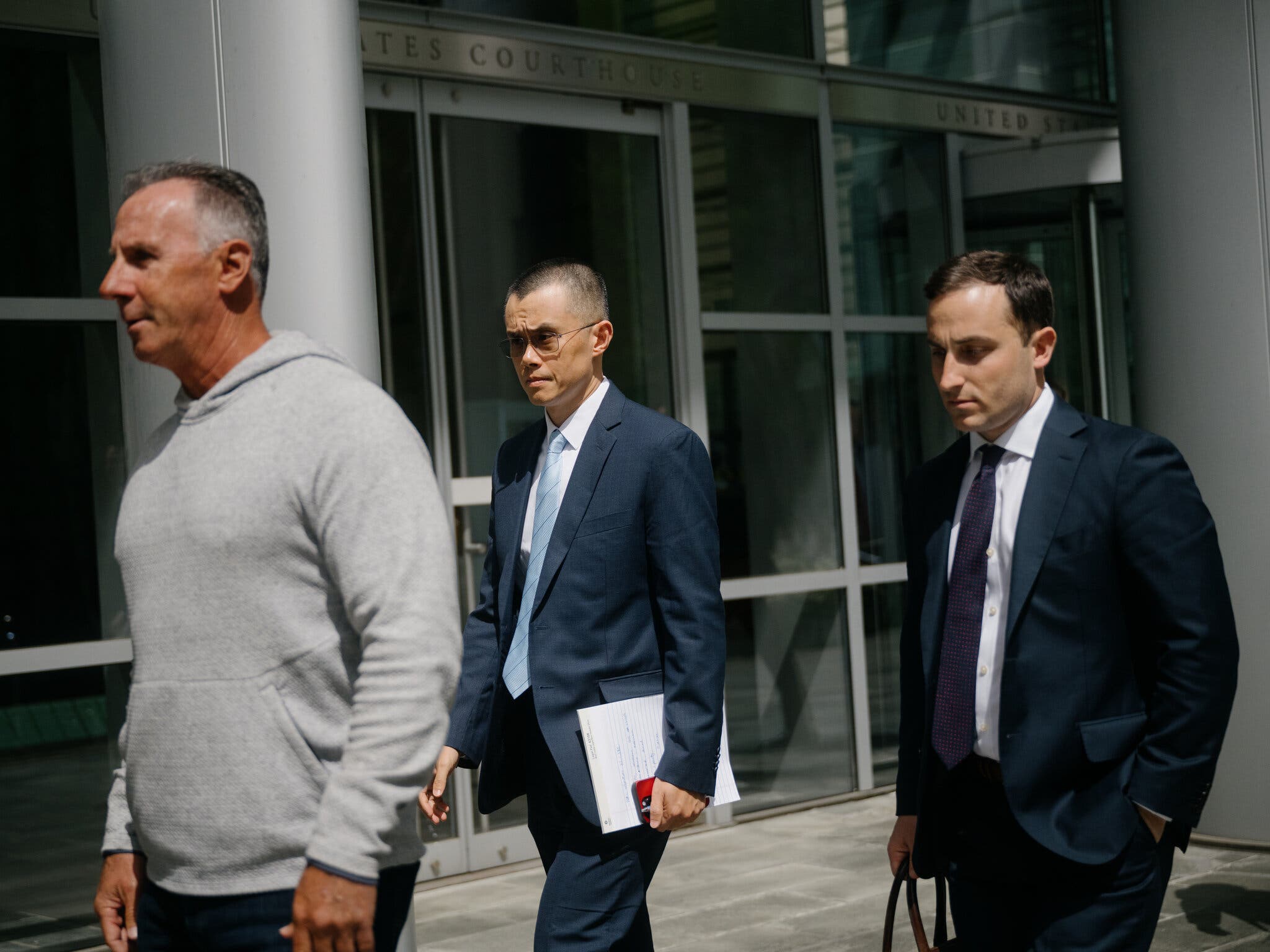Public Media Networks Face Crucial Congressional Hearing
Top executives from public media networks are preparing for a hearing organized by Representative Marjorie Taylor Greene, titled “Anti-American Airwaves.” PBS and NPR are getting ready to defend against accusations of liberal bias and potential defunding. Greene plans to question PBS and NPR about their perceived bias and emphasize her stance on cutting their funding. With federal funding at risk, the organizations aim to justify their value and importance, emphasizing the potential jeopardy of their operations if funding is not continued. Critics and supporters are closely watching the developments, and the tension is underscored by recent public demonstrations.
Upcoming Hearing on Public Media Networks
Top executives from PBS and NPR are determined to defend their organizations’ missions and federal funding in the upcoming hearing. Paula Kerger and Katherine Maher are gearing up to address the accusations of bias, with Kerger emphasizing the potential loss for numerous stations should funding be withdrawn. Both executives have been actively engaging in preparation activities, including legal consultations and mock question-and-answer sessions. Despite pressure and scrutiny, Maher maintains that NPR aims to represent all Americans through its journalism. The organizations are also navigating external challenges, such as investigations by the Federal Communications Commission and political pressures from figures like Brendan Carr. With deep-rooted political tensions and the stakes being significantly high, PBS and NPR stand ready to advocate for the essential role of public media amid ongoing assaults on their integrity and funding.
Defunding Threats to PBS and NPR
Meanwhile, the public media networks are rallying support from their audiences and partners, emphasizing their role as vital pillars of information and culture. PBS and NPR have launched campaigns to highlight the diverse and educational programming that government funding helps sustain, particularly in underrepresented and rural areas where other media sources are scarce. Advocates argue that defunding these networks would disproportionately affect communities that rely on them for news, educational content, and emergency communication. Public media supporters are encouraging listeners and viewers to voice their concerns to lawmakers, hoping to preserve the funding that keeps these services accessible to millions across the nation.
Defunding Public Media: Potential Impact on Local Stations
The stakes for PBS and NPR are high. With federal funding under threat, not only is the future of numerous stations across the country uncertain, but the very nature of public media could be at risk. Stations in rural and underserved areas, which rely more heavily on government support, stand to lose access to critical programming and services that inform and connect isolated communities. This potential loss underscores the vital role that public broadcasting plays in providing accessible information to all Americans, regardless of their location. Both organizations are preparing to defend their missions and maintain the support needed to continue serving the public.
Challenges Facing Public Media amid Political and Financial Pressures
As the upcoming hearing looms, PBS and NPR face significant scrutiny from both political and public sectors, with their funding and futures hanging in the balance. The organized rally and ongoing debates over potential left-leaning biases exemplify the heightened pressure and polarized views surrounding America’s public media. With key figures like Ms. Kerger and Ms. Maher prepared to defend their networks’ integrity and funding, the hearing foreshadows a pivotal moment for public broadcasting in the United States. Only time will tell whether these efforts will secure the continuation of their crucial services across the nation.















Post Comment